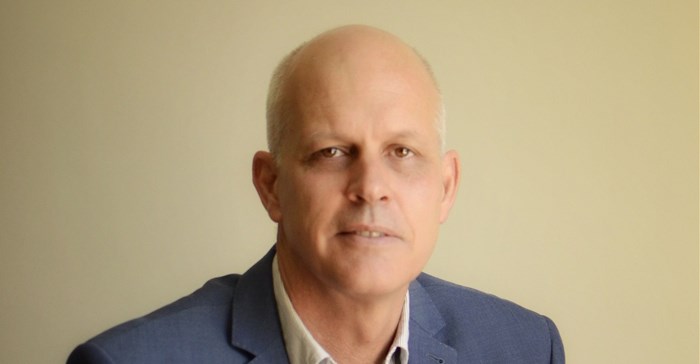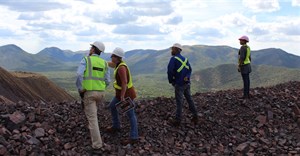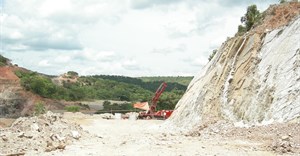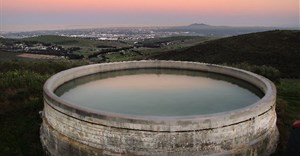Trending
Elections 2024
Jobs
- Technical Energy Journalist - Freelance Johannesburg
Going small: The alternative to renewable energy in Africa

The lack of a secure baseload energy supply in certain areas can be a key inhibitor to local or regional investment and economic development – and many countries, especially those not on a grid, are looking beyond the traditional large-grid model to create broader access to electricity, says Chris Dalgliesh, partner and principal environmental consultant at SRK Consulting’s Cape Town office.
“In some cases, a small thermal plant generating 25-100MW of power can be a more affordable developmental intervention for a local area, especially if it does not incur the often prohibitive costs of transmission infrastructure across long distances. Our experience in various parts of the world suggests that countries well-endowed with coal, gas or oil as well as surplus biomass and combustible waste can benefit from these options while responsibly managing the environmental impacts.”
Though the trend undoubtedly favours renewables, thermal plants also have the potential to augment supply from renewable energy sources in localised power generation projects, ensuring continuous electricity supply.
While gas is a relatively clean source of power compared to hydrocarbons such as heavy fuel oil (HFO) and coal, the most common environmental impacts of thermal plants – such as carbon emissions, high water consumption, noise and vibrations – can now be suitably managed to meet the relevant legal compliance requirements. Emissions can by reduced by improved scrubbing technologies as well as by selecting lower-sulphur hydrocarbon sources, though cannot match renewable sources in this respect.
Scope
Even in regions where traditional fossil fuel sources are not easily available, there is scope for using agricultural waste as a biomass source to feed a thermal power plant. Considerable success has been achieved, for instance, in the recycling of bagasse from sugar cane in co-generation plants in various parts of Africa.
"Turbine technology is readily available to leverage the value of biomass sources, an option which could link constructively to agricultural production in Africa’s rural areas,” says Dalgliesh.
Waste-to-energy power plants are also attractive propositions as they meet the dual purpose of treating waste and generating power. Maintaining high temperature in furnaces is key to ensuring effective and safer incineration of these waste streams. “On some remote sites we often notice that waste is simply incinerated, with no attempt to use the calorific value of the waste to generate energy," he says.
He concluded that, while renewable energy is set to play a larger – and more environmentally sustainable – role in the global energy mix, a pragmatic and responsible approach to the potential of small-scale thermal power plants could contribute substantially to improving conditions and supporting development in marginalised areas of Africa.















